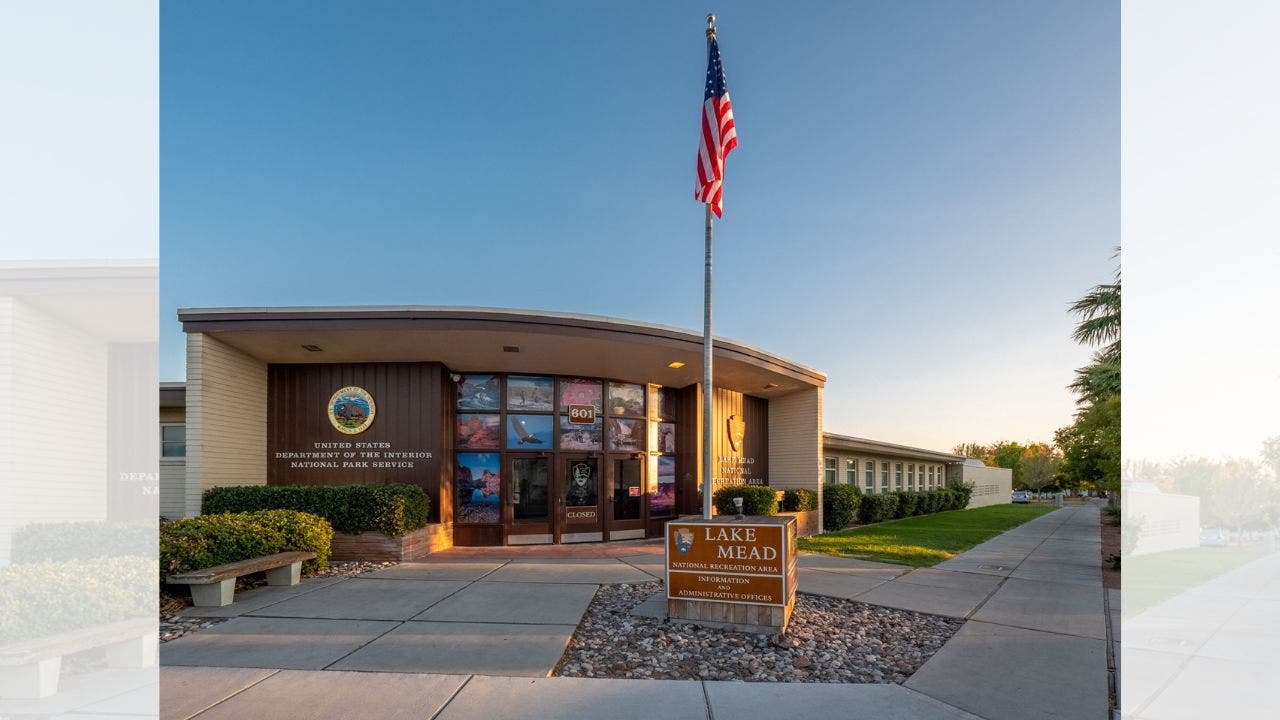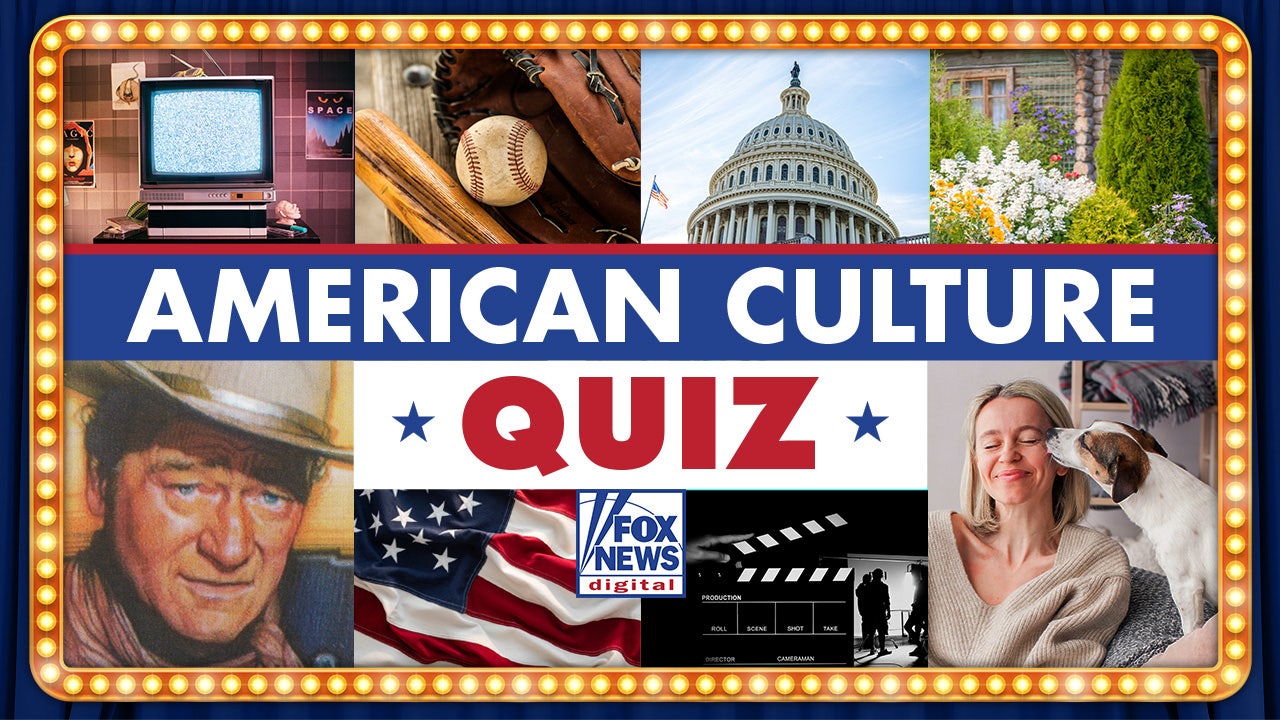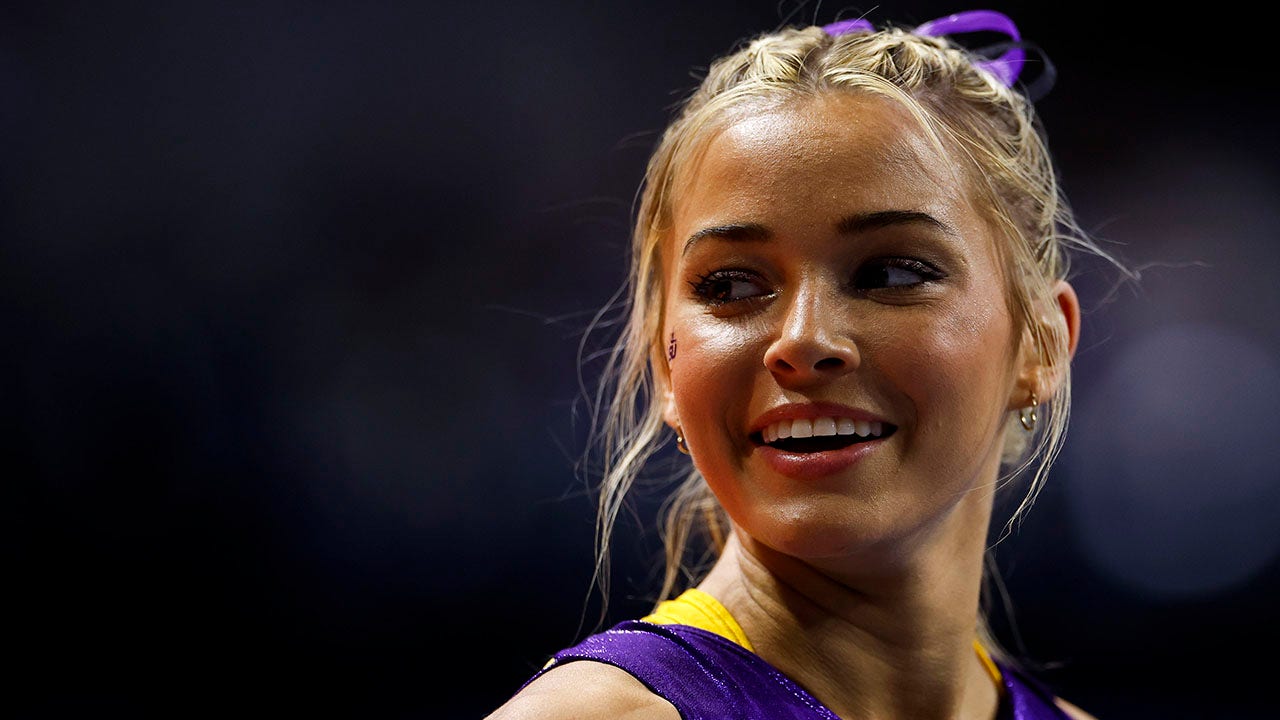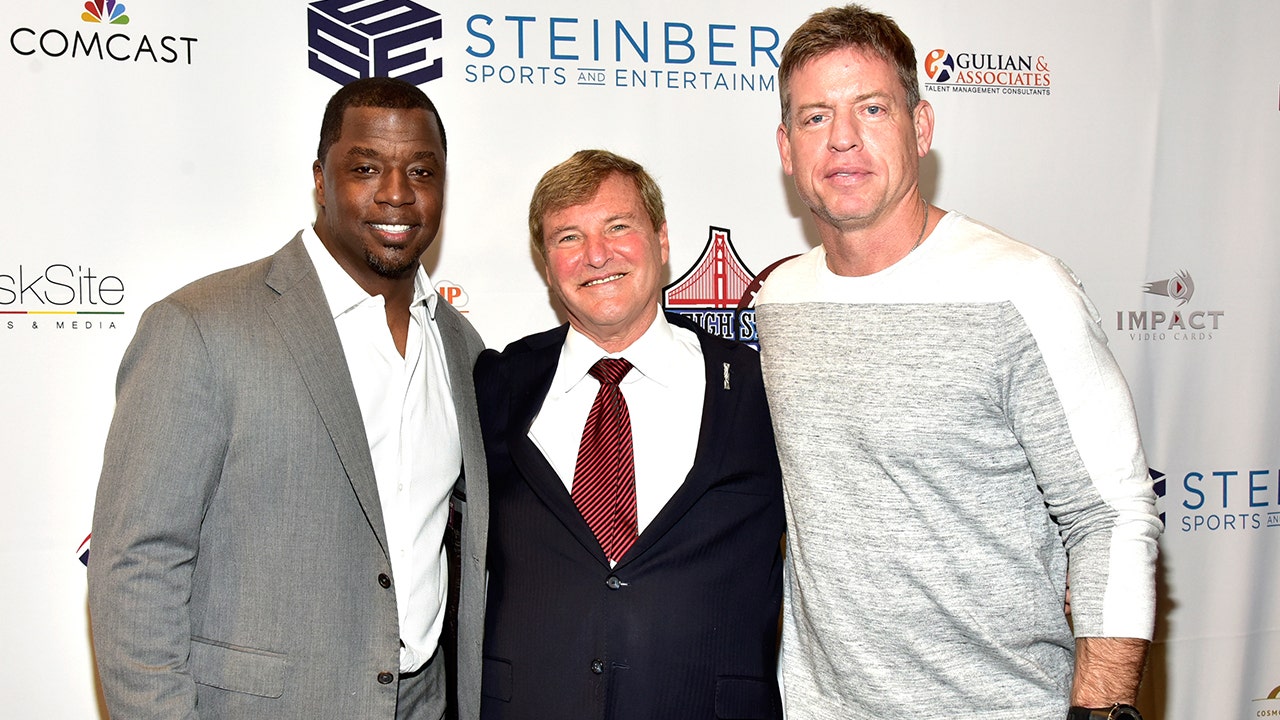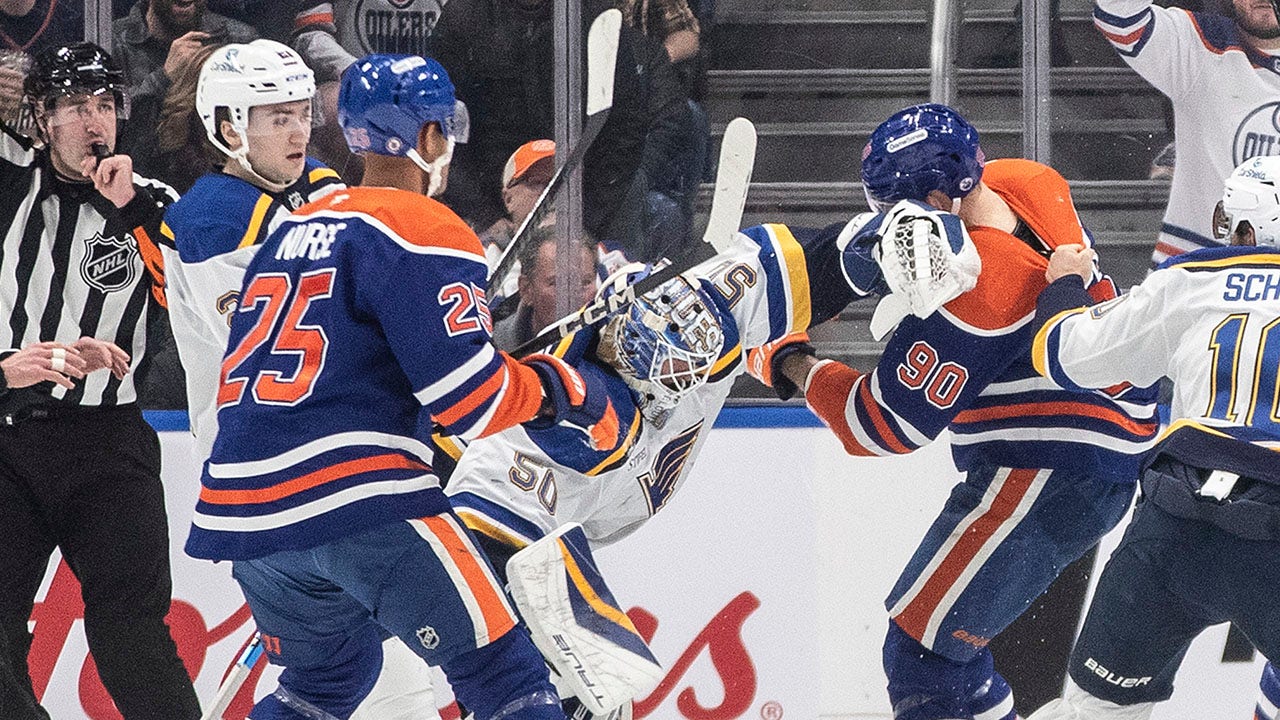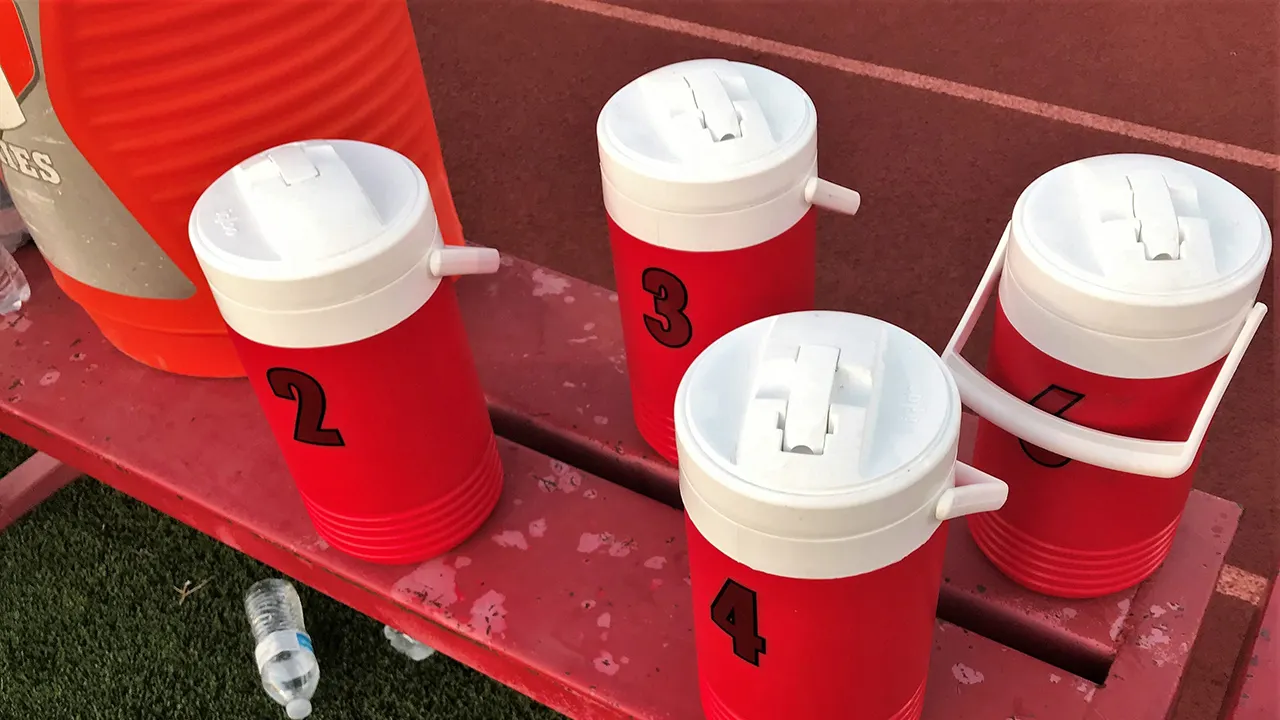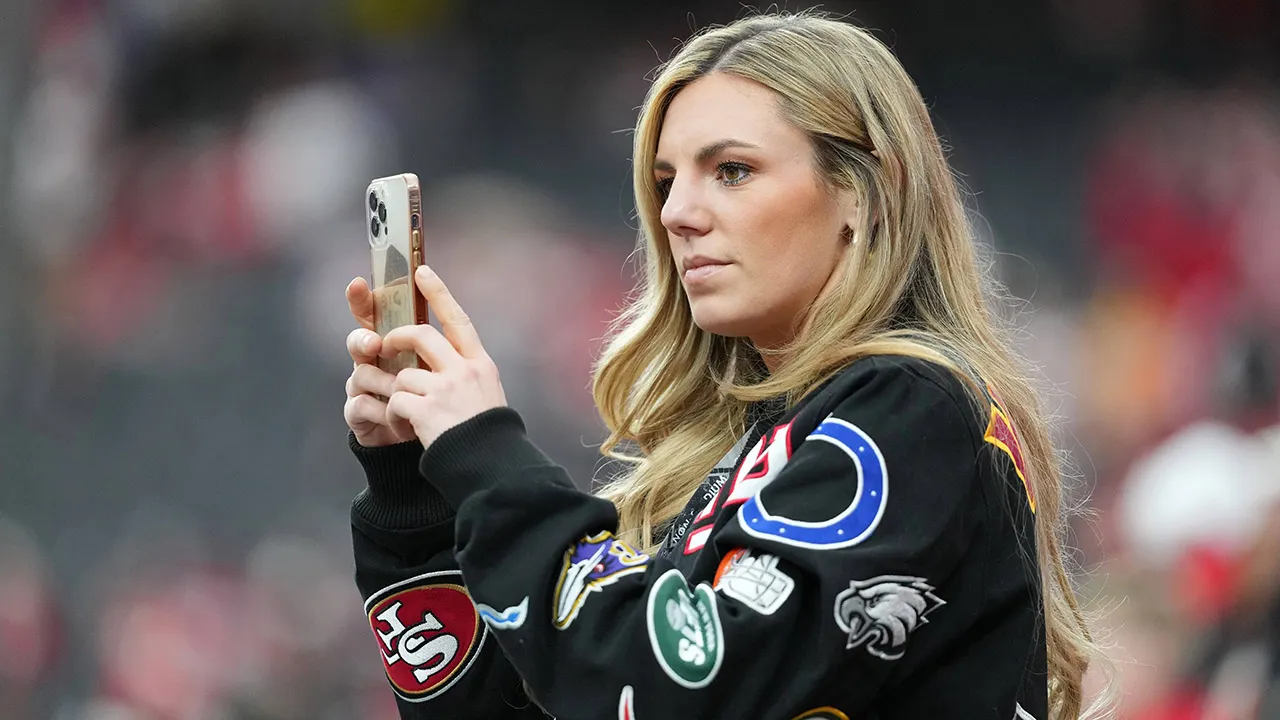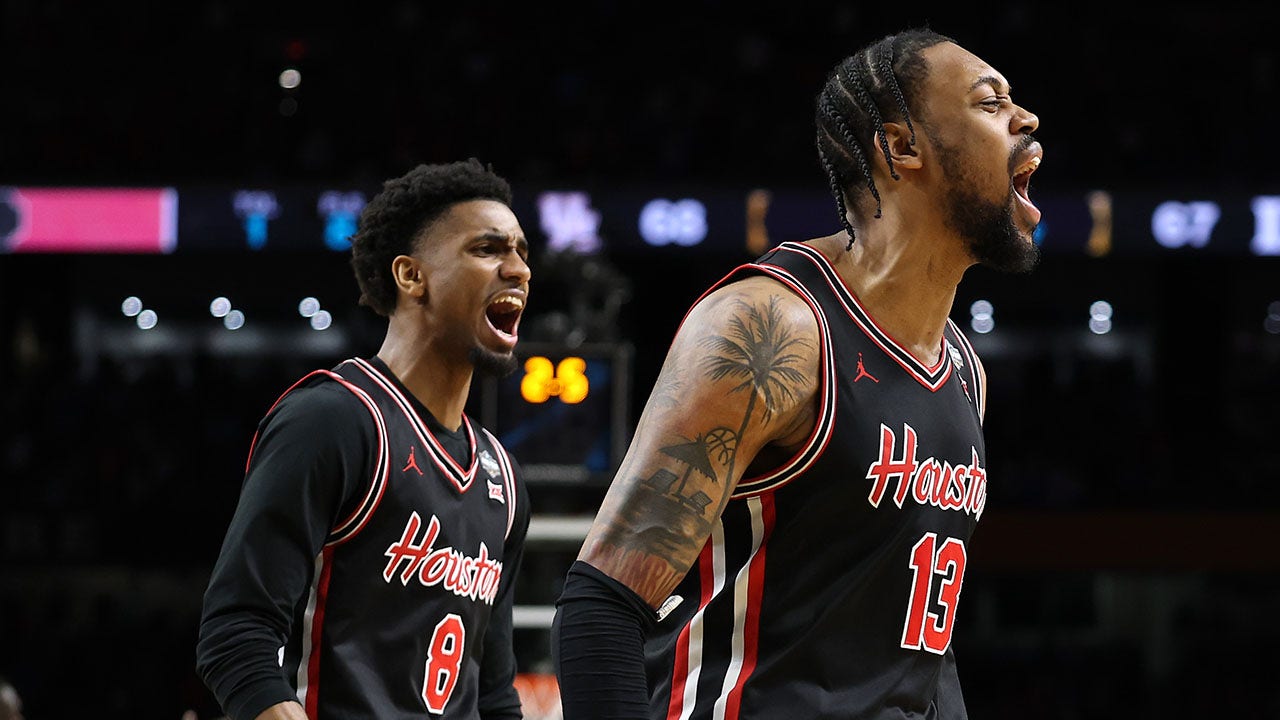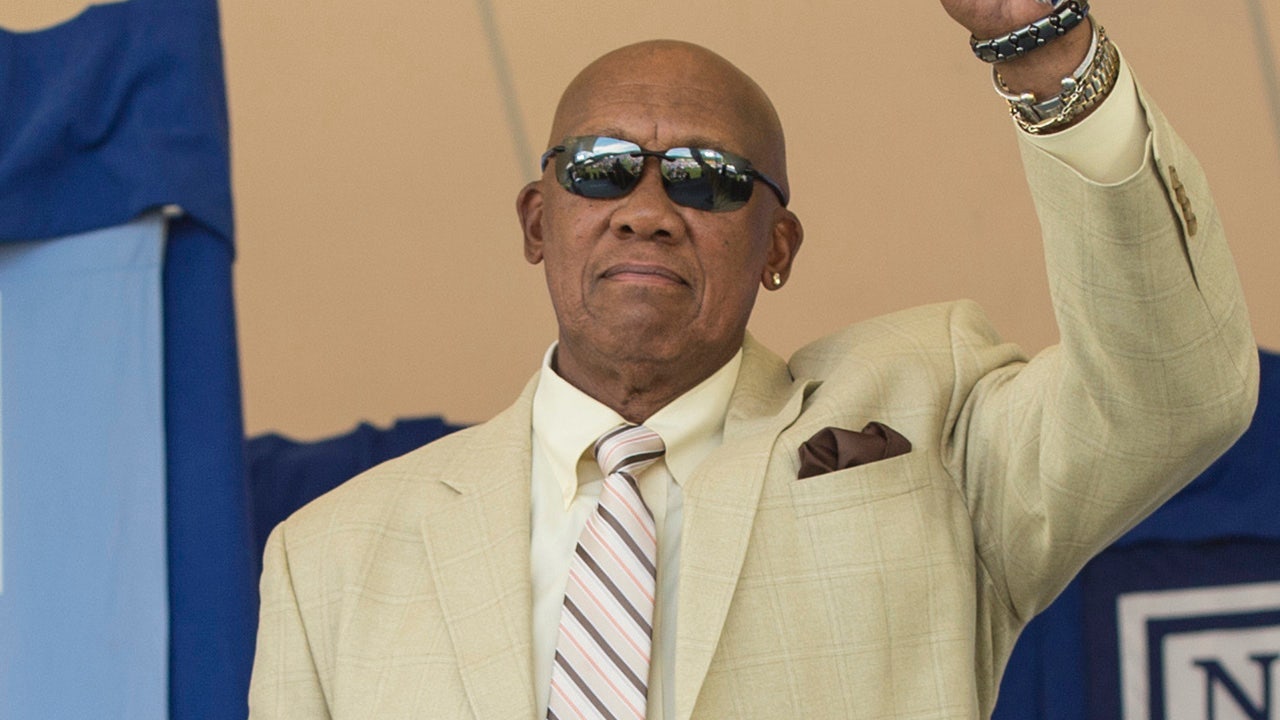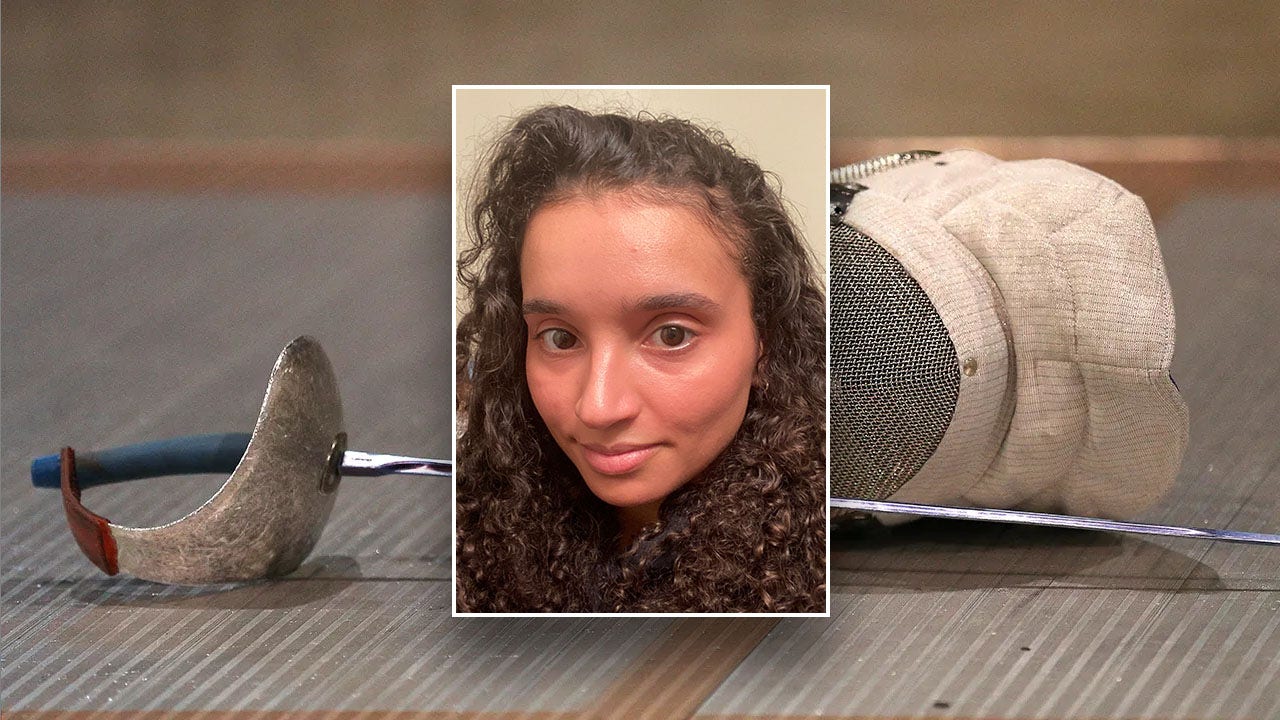Olivia Dunne, one of the most-followed collegiate athletes on social media, testified against the NCAA’s $2.8 billion House settlement in the final hearing on Monday.
Dunne was one of four college athletes who testified against the settlement. The LSU gymnast expressed her objections to the formula used to set name, image and likeness (NIL) value of an athlete. She insisted that her NIL estimation was too low.
She described herself as “a Division I athlete, a businesswoman, and I’ve been the highest-earning female athlete since the NIL rules changed.” She said the settlement failed to acknowledge her true value.
“This settlement uses old logic to calculate modern value,” Dunne said. “It takes a narrow snapshot of a still maturing market and freezes it, ignoring the trajectory we were on and the deals we lost and the future we could have had.”
A plaintiffs’ attorney later said that the gymnast would receive an updated allocation.
FLORIDA WINS NCAA TOURNAMENT OVER HOUSTON AFTER ERASING 12-POINT DEFICIT IN THRILLING FASHION
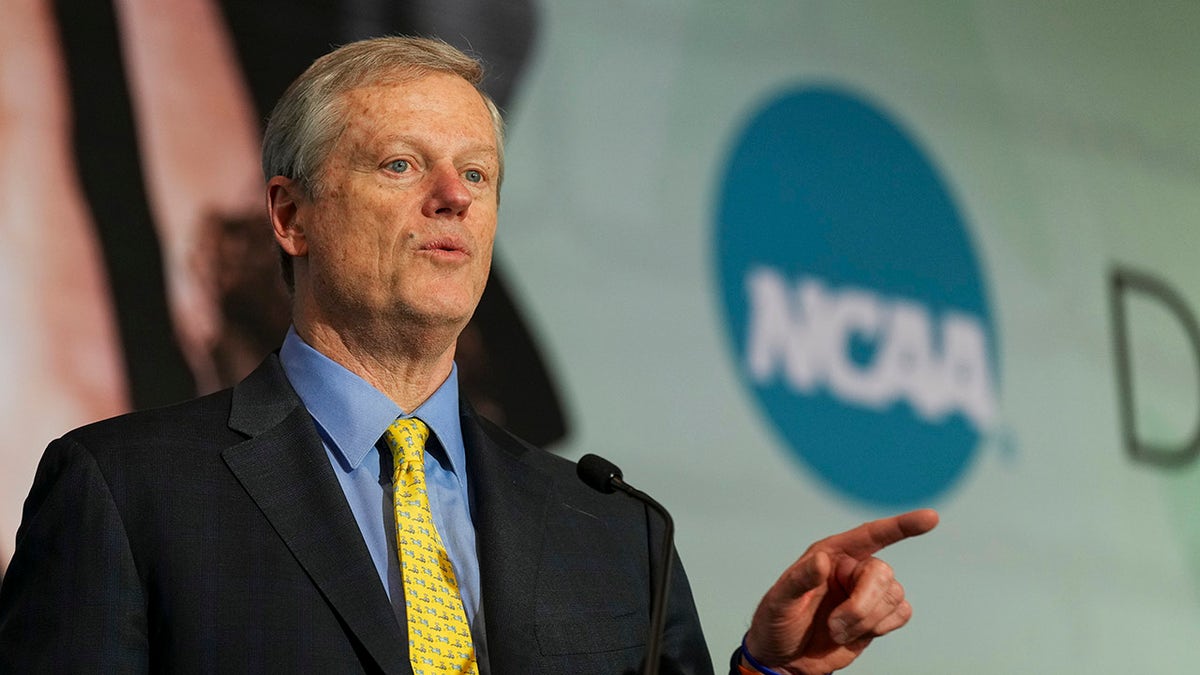
The House settlement, named after Arizona State swimmer Grant House, will allow schools to pay 22% of their revenue from media rights, ticket sales and sponsorships directly to college athletes for the use of NIL. Payments from outside sources would still be allowed.
NOLA.com noted that the settlement would offer more than $2.5 billion to athletes who could not earn NIL money before the NCAA changed its rules in 2021. The report also noted that most of the damages would be paid out to former football and men’s basketball players of power-conference schools because their sports create the most revenue.
The settlement also called for a clearinghouse to make sure any NIL deal worth more than $600 is pegged at fair market value in an attempt to thwart supposed pay-for-play deals.
On Monday, U.S. District Judge Claudia Wilken gave no indication that the complaints changed her mind about the settlement. She acknowledged the concerns and asked each attorney for fresh feedback on several topics. Her decision is expected to come in a few weeks.
“Basically I think it is a good settlement, don’t quote me, and I think it’s worth pursuing,” Wilken said. “I think some of these things could be fixed if people tried to fix them and that it would be worth their while to try to fix them.”
Wilken has already granted preliminary approval of the settlement involving the NCAA and its largest conferences. It is set to take effect on July 1.
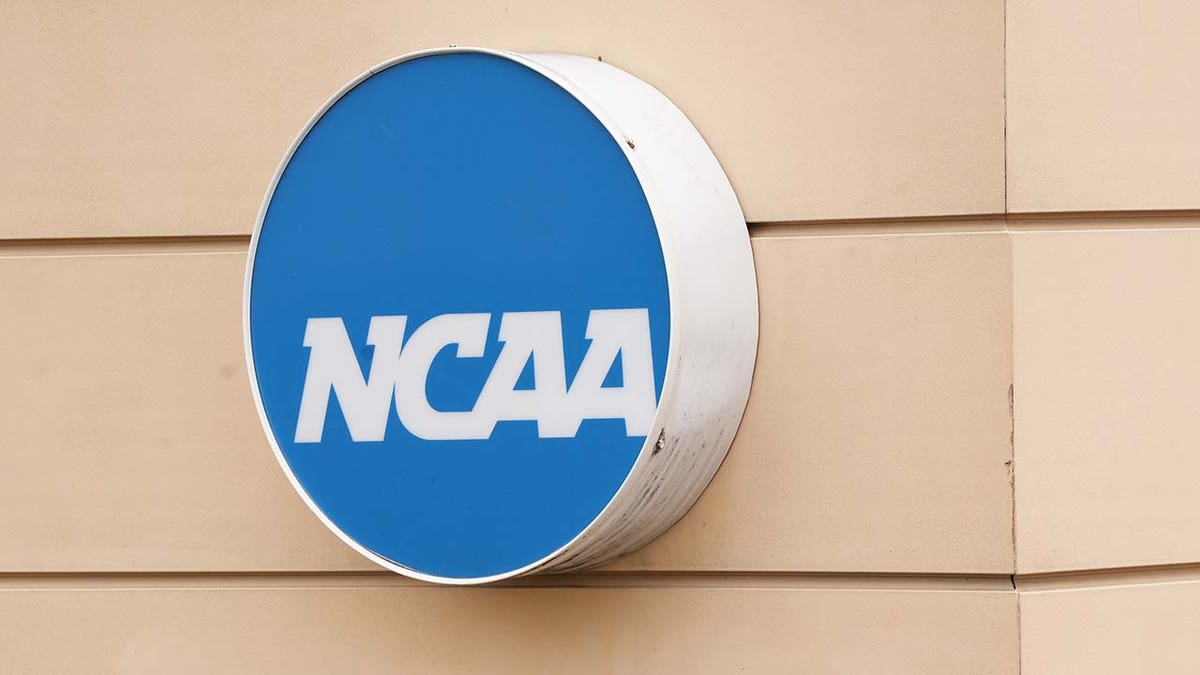
“Today’s hearing on the landmark settlement was a significant step in modernizing college sports,” the NCAA said in a statement. “If approved, the settlement will allow student-athletes the opportunity to receive nearly 50% of athletic department revenue in a sustainable and fair system for years to come.”
The Associated Press contributed to this report.
Follow Fox News Digital’s sports coverage on X, and subscribe to the Fox News Sports Huddle newsletter.
Read the full article here



